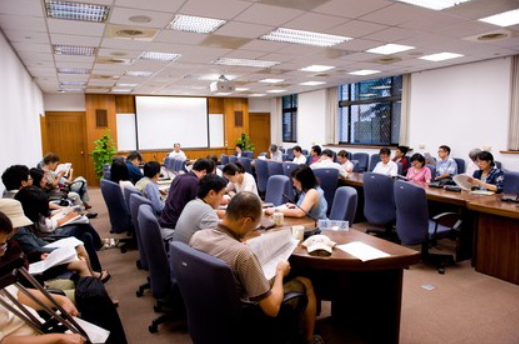The Institute of Modern History, Academia Sinica will host an international symposium from September 24 to 26 in Taipei, Taiwan, under the theme "Christianity and Chinese Intellectual Thought."
According to Chinese Christian Studies Network, the three-day seminar has invited 17 scholars from Taiwan, Chinese mainland, Japan, Singapore, and Europe, specializing in history, philosophy, literature, culture, and politics.
Following the opening remarks by Dr. Sean Hsiang-lin Lei, director of the Institute of Modern History, keynote speaker Nicolas Standaert, professor of sinology at KU Leuven (Belgium), will deliver the first lecture on "Christianity and Chinese Intellectual Thought: Some Methodological Considerations."
Over the course of the symposium, participants will present on a wide range of topics, including the relationship between the Book of Songs and the Bible, Trinitarian theology in early Western translations of the Dao De Jing, Christian symbolism in the Ming and Qing dynasties, and late Ming Confucian dialogues with Catholic notions of divine justice.
Sessions will also explore Republican-era discussions on Christianity, such as Catholic interpretations of sovereignty in the Revue Catholique, the Three Principles of the People and the Catholic Church in the Nanjing Decade, 1927-1937, as well as representations of Christianity in modern literature, including Chen Yingzhen's The Story of Judas Iscariot.
In addition, scholars will analyze the reintroduction of scholastic philosophy in the late Qing and early Republican periods, the memory of Western learning in twentieth-century China, and the historiography of Chinese Christian studies from the 1900s to the 1960s.
The symposium will conclude with a roundtable discussion on September 26.
Founded in 1965, the Institute of Modern History, Academia Sinica, is a leading research center on modern Chinese history. Its work covers politics, society, culture, thought, religion, and foreign relations, with a strong focus on modernity. Over the decades, it has published more than 100 monographs, organized international conferences, and developed specialized research groups such as "Western Learning and China" and "Women and Gender History," earning global recognition for its scholarship.











